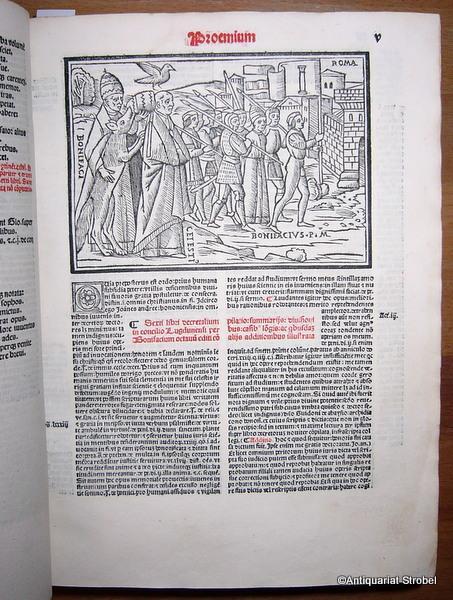

Some of the earliest provisions of the Coutumes de Montpellier, dating from 1190, can be found in the Liber. Since the town wished to exercise the rights that originally were those of its noble seigneurs, it was to the advantage of the townsmen to preserve intact the record of those rights and privileges which were contained in the Cartulary. The Cartulary is preserved primarily because after 1204 most of the heritage of the Guillems was taken over by the commune or town of Montpellier in a corporate sense. Only the Cartulary of the Trencavels of Beziers, still unpublished, or the Liber feudorum of the Counts of Barcelona can be compared to it and each of these is much less complete.
Liber viii full#
The Cartulary of the Guillems of Montpellier presents an unusually full record of the activities of a noble family of southern France between the last decades of the eleventh century and the earliest years of the thirteenth. On the exceptional completeness of the cartulary of the Guilhems, Archibald Ross Lewis wrote: The last few documents record the brief independent rule of William VIII's daughter Mary before her marriage (15 June 1204) to Peter the Catholic brought the lordship into the Crown of Aragon. The earliest documents record some agreements of William IV involving the castles of Pouget and Saint-Pons-de-Mauchiens in 1059. Of these 150 record oaths of various sorts, while only 30 are convenientia (conventions).

According to the cartulary's preface, the documents are of two main types: those dealing with the lord's possessions in the Diocese of Maguelonne (which includes papal privileges, privilegia) and those dealing with his possessions elsewhere. Its 570 instruments are organised by both type and geography. Its earliest documents date to 1059 its latest to 1204. It was compiled in the early thirteenth century, under the patronage of William VIII, whose lordship is extensively catalogued in it. The Liber instrumentorum memorialium is the surviving cartulary of the Lords of Montpellier, the Guilhems (Guillems), and an important source for their history.


 0 kommentar(er)
0 kommentar(er)
